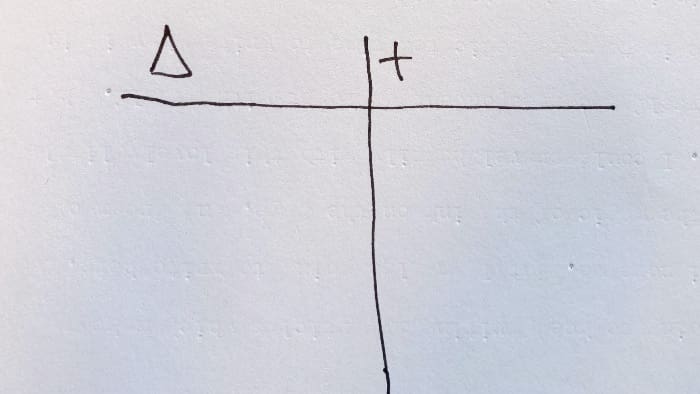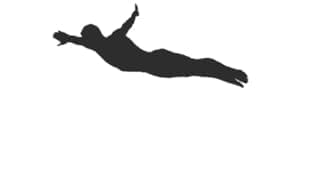That First Ride
Do you remember your first roller coaster ride? Mine was at the Santa Cruz boardwalk when I was sixteen. Standing in line, beneath the rumbling wood structure, feeling the inertia of the cars, hearing the screams, I did my best to hide the fact that I was trembling a little.
It was a long line. Plenty of time to think about the thrill and the horror of that first drop.
As we got closer to the front of the line, we could see the trains pulling in after a ride. The look on the faces surprised me. I must have been suspecting I’d see the fear I was feeling. Instead, every face was windblown and flushed with toothy grins, with a freshness that comes from facing death and living to tell about it.
And then that moment came when we ourselves got in. They locked the bar over our lap, we began to move, and we dropped down into the pitch-black tunnel, found the bottom, and began the long climb up the first ramp.
Good Stress
The roller coaster is one example of Good Stress.
According to many top-rated health professionals, when consumed in the proper amount, some stress is actually good for you. Think of it as having a healthy diet. When you eat a well-balance diet of the essential food groups, you are healthier and happier. The same is apparently true of stressors. This may come as a surprise to you. It surprised me the first time I heard someone say it.
Here’s how it works. When you “consume” stress at times and in amounts that are good for you, such balanced pressure helps you meet your daily challenges and motivates you to reach your goals. Good stress can actually help you become you a smarter, happier and healthier person.
(That’s right! Some stress is actually essential for a healthy life!)
Good stress, also known as “eustress,” is the type of stress you feel when you’re excited. Your pulse quickens and your hormones surge.
You may feel this type of stress when you ride a roller coaster, or compete in a game, or go on that first date. This kind of stress is short-term. It can inspire and motivate you, focus your energy and enhance performance.
Bad Stress
There is also something known as Bad Stress.
Bad stress is the kind that wears you out, leaves you jittery and is harmful to your health. Bad stress, or “distress,” can lead to anxiety, confusion, poor concentration and decreased performance.
For example, when you spend an inordinate amount of time worrying what others think about you.
Chronic stress can take a heavy toll on your body and can cause negative health effects. Such continuous stressors can cause headaches, insomnia, weight gain, anxiety, pain and high blood pressure.
How can you improve your stress diet?
Think over what you’ve just read. Do you believe that some stress is good for you? If so, let’s think about how to get the proper amount of good stress into your mental diet, and how to reduce the bad stress that makes you sad and unhealthy.
Here’s where to begin. Consider the day you’ve just lived, or the day you are currently living. Make a mental note of which events felt like good stress and a similar list of the events of today which felt like bad stress.
Take out a sheet of paper. (Oh, go ahead! It’s not that hard!) Grab a pencil or pen.
Good. Now, do a Delta/Plus. It looks like this:

Now, on the delta side, list the things that you consider bad stress. These are the things you will want to make an effort to do less of tomorrow, or in the rest of the day you are living.
On the plus side, list the stressors that were good for you. You will want to do more of these.
You see how easy this is? It’s a simple, mechanical way of taking the reality of your day, and working to get more of the stress that is good for you into your life moving forward, and to specifically see where you can make a change (delta) to reduce the stressors which are bringing you down, moving forward.
Start small.
And yes. Start small. Don’t try to change everything at once. But if you will add in at least one good stressor to your day tomorrow, and eliminate at least one bad stress, you will begin to turn the tide.
The takeaway:
Begin to consume a healthy diet of good stress, and reduce the stressors which are hard on you, to be healthier and happier.
Read more.
More like this?
I’m here to help you focus, overcome resistance, and develop your confidence in this area.
If you’d like a little help, take the small step today of signing up for a free thirty minute session with Coach Mark. You can expect insights and support, with no obligation.


